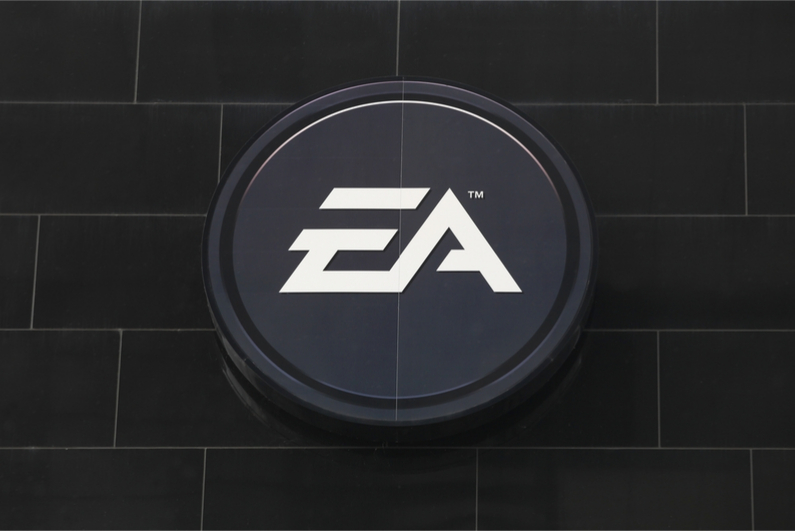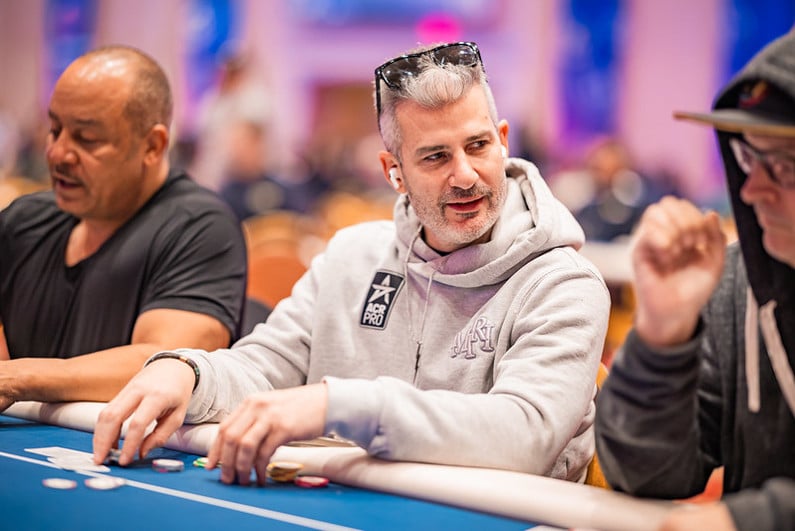30-second summary:
- Loot boxes in video games are being compared to gambling
- Many European countries are banning loot boxes
- EA initially went against the loot box ban in Belgium
- Now it is backtracking and removing those elements of loot boxes that violate Belgian law
What are loot boxes?
Loot boxes have become a popular way for game developers to upsell their offerings in recent years. They offer random probabilities assigned to different items coming out of the box.
The boxes can also contain rare items, which is why people spend a lot of money to open them. These items can range from weapons to emoticons and weapon skins.
Many countries believe that loot boxes are a form of gambling and that those under the age of 18 years old are being targeted by gaming companies. Some, such as Belgium, are bringing in stricter measures against them.
Belgium’s hardline stance
Belgium declared last year that loot boxes offered through online games are illegal and should be gotten rid of. The Belgian Gaming Commission came to this decision in April 2018 after looking at four different online games.
The minister for justice first brought the matter to the attention of the gambling authorities. The games in question were Counter Strike: Global Offensive, FIFA 18, Overwatch and Star Wars Battlefront II. Of these four titles, three violated the gambling laws in Belgium.
The only title not in breach of the rules was the Star Wars game. However, this was only because the developer, Electronic Arts (EA), got rid of its loot boxes following controversy after the game’s release.
Failure to remove the loot boxes would be seen as a criminal matter. Operators who do not get rid of loot boxes for players in Belgium risk facing a prison sentence of up to five years, as well as a fine of $975,000. For cases involving minors, the fine would be double.
The minister for justice said: “Mixing games and gaming, especially at a young age, is dangerous for mental health. We have already taken numerous measures to protect both minors and adults against the influence of, among other things, gambling advertising.
“That is why we must also ensure that children and adults are not confronted with games of chance when they are looking for fun in a video game.”
EA fights back
Despite being a notable gaming developer in the midst of the controversy, EA fought back against regulators trying to ban loot boxes. Several European authorities threatened EA with fines of almost $2m if it did not remove the loot boxes.
EA’s CEO Andrew Wilson said he did not believe that the company’s loot boxes were akin to gambling.
He said: “We don’t believe that FIFA Ultimate Team or loot boxes are gambling, firstly because players always receive a specified number of items in each pack, and secondly we don’t provide or authorize any way to cash out or sell items or virtual currency for real money.”
However, the regulators in Belgium and the Netherlands disagree. Young people are paying money for the chance to receive items that have a slim probability of showing up. Some spend thousands and thousands on loot boxes.
Third-party platforms also exist where players can swap most of the items and in-game currencies. While the likes of EA may not directly offer this marketplace, the drive to trade still exists.
EA now backs down
Despite its initial reluctance to back down and remove the loot boxes from its games, EA now appears to be admitting defeat. It will no longer sell FIFA points to players in Belgium after coming under heavy government pressure In the FIFA Ultimate Team game, players spend real money to buy FIFA points, which can be used to buy packs of in-game cards.
The Belgian authorities launched a criminal investigation into EA in September 2018 after the game publisher refused to comply with the law on loot boxes. Meanwhile, game developers such as 2K Games, Valve and Blizzard all followed the rules as soon as they were brought in.
Finally, EA has decided to follow suit, with the change coming into effect on January 31.
No longer will EA’s players in Belgium be able to purchase points in order to buy Ultimate Team packs. They will still be able to play this section of the game and open packs they earn through game play. However, they will no longer be able to pay to gain an edge on other payers.
Revealing the odds
Another step EA has taken in its new FIFA 19 game is to add probabilities for loot boxes in countries where they are still legal. The boxes can show the percentage probability of a player obtaining a certain rare card in each pack.
EA has made this move to increase the level of transparency within the game.
On its their decision to back down in Belgium, EA still stands by its belief that loot boxes are not gambling.
It said: “While we are taking this action, we do not agree with Belgian authorities’ interpretation of the law, and we will continue to seek more clarity on the matter as we go forward. The impact of this change to FIFA Ultimate Team in Belgium is not material to our financial performance.”




